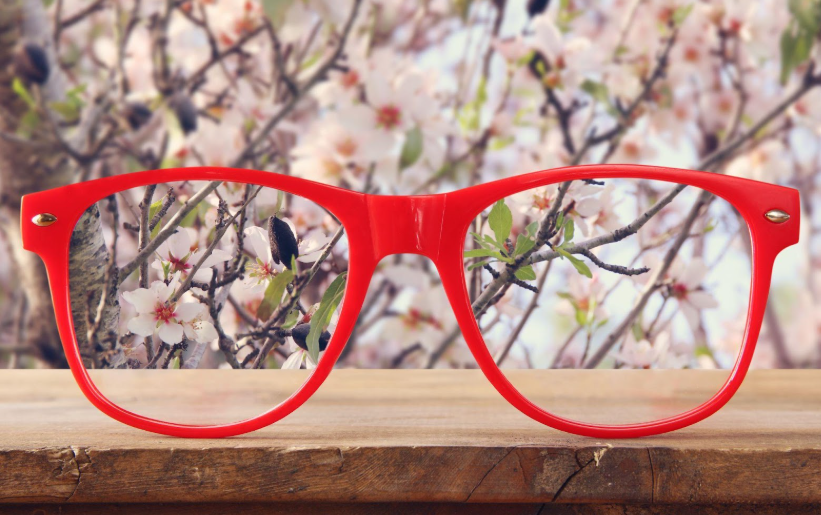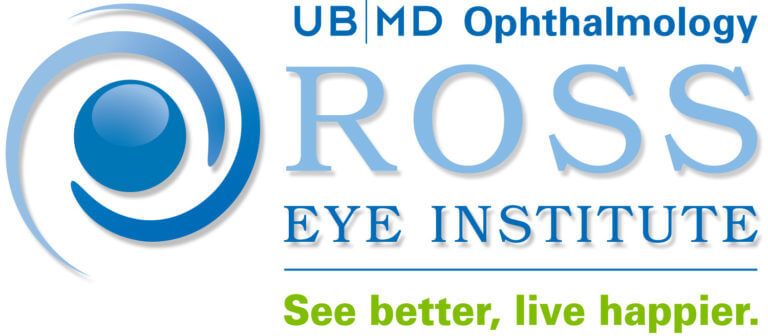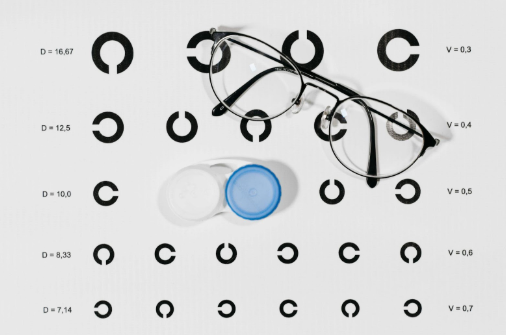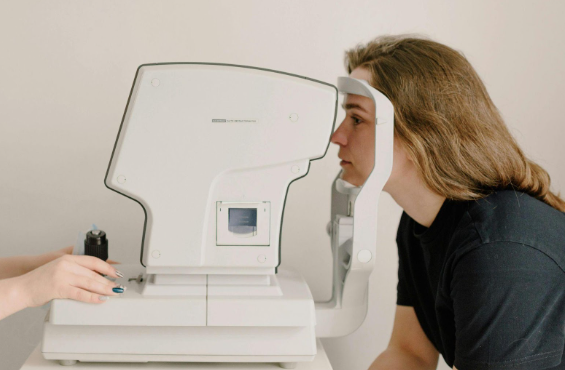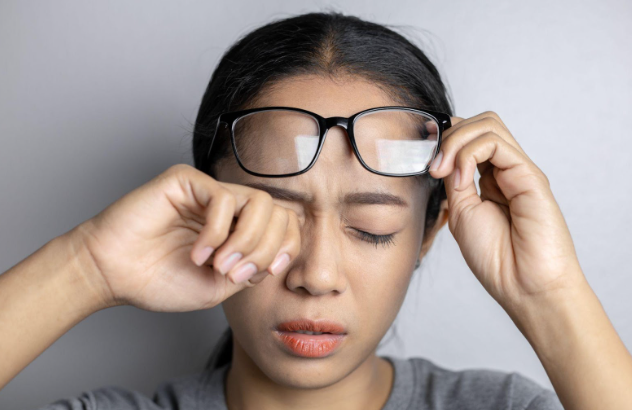Announcing: Student Summer Research Fellowships in Eye and Vision Research at UB
Request For Proposals – Summer 2022
The Department of Ophthalmology of the University at Buffalo/The State University of New York (UB) is seeking to receive proposals from eligible trainees for research that has either immediate or potential application toward improving the understanding, diagnosis, or treatment of eye disease, particularly as may benefit citizens residing in Western New York. This funding opportunity is underwritten by the Buffalo Eye Bank Foundation’s Vision Research Support Fund, administered by the UB Foundation on behalf of the Department of Ophthalmology.
ELIGIBILITY: Applications will be entertained for review from currently registered UB students in good academic standing (undergraduates, medical students, graduate students not yet affiliated with a lab toward a degree, clinical residents, or clinical fellows). Funds are to be used to defray the costs associated with one or more research projects conducted by trainees engaged in full- or part-time research at UB under the supervision of a full-time faculty member in the UB Department of Ophthalmology, with such costs not to exceed $1,000 per award. No trainee will be eligible to receive such funding more than once, and no supervising faculty member will be eligible to receive such funding for a trainee more than once every two years. Awards are intended to be used during the time interval between the end of the Spring semester (May, 2022) and the beginning of the subsequent Fall semester (August, 2022).
APPLICATION PROCESS: Applications (no more than one per individual applicant) should be no more than 2 pages (Arial 12-pt font, single spaced, 0.5-in. margins), in PDF format, using the following format:
- Applicant full name, academic program and year (g., Undergrad, Yr-3; MS-I Medical Student; etc.), and Email address
- Faculty supervisor’s name (*You must have pre-approval from the UB Ophthalmology faculty member prior to submission)
- Title of proposed research study
- Project Description: briefly summarizing the purpose, background, specific aims (including approach/methods), anticipated outcomes, and potential significance and applications of those outcomes pertinent to the objectives of this funding program (see first paragraph, above), plus reference citations (keep to minimum).
- Budget (can carry over to a third page): specify amounts and category of fund allocation (g., student stipend; lab supplies; etc.)
Submit PDF as an email attachment to:
fliesler@buffalo.edu
ATTN: Dr. Steven J. Fliesler, Vice-Chair for Research, Dept. of Ophthalmology
SUBJECT LINE: 2022 Summer Student Research Fellowship Application
Due Date: Friday, April 15, 2022, By 2:00pm EDT
NOTE: Applications that do not comply with these stipulations will be rejected.
REVIEW PROCESS: Research proposals will be competitively evaluated by a review committee consisting of the Chair and Vice-Chair for Research of the Department of Ophthalmology, plus two additional faculty members with primary faculty appointments in Ophthalmology (to be appointed either by the Chair or Vice-Chair of the Department of Ophthalmology). In cases where only two or fewer applications are received, the evaluation will be performed by the department Chair and Vice-Chair for Research. One or more award recipients will be chosen, the number to be determined by the Vice-Chair, based upon available funding.
NOTIFICATIONS: Applicants will be notified by email no less than one week in advance of the start date of the award period, regarding the funding status of their application. Awardees will be required to submit a report to the Review Committee (sent to the Vice-Chair of the UB Department of Ophthalmology) within one year of funding (and prior to graduation from the academic program in which the awardee is currently enrolled), describing what research was conducted and the results obtained, and also detailing how the funds were utilized to support the research. Any publications or presentations (e.g., posters or platform presentations at local, region, national, or international conferences) based upon the work done with this support must acknowledge the funding support as follows: “Supported, in part, by the Buffalo Eye Bank Foundation Vision Research Support Fund.”
